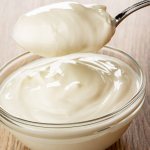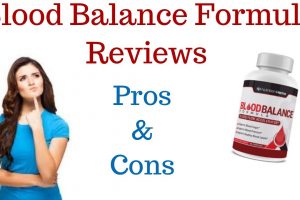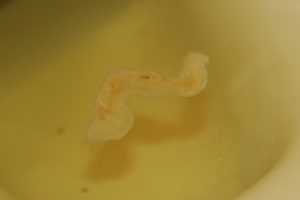Sometimes, a person feels slight to moderate discomfort in the front part of the body somewhat between neck and thoracic abdomen. The tightness in chest can occur at any age; mostly it is due to some minor issues while in some cases it signals some underlying health concern.
In some cases, the tightness in chest is a serious indication of cardiovascular disease or heart attack. There are some other factors however which can cause tightness in chest and these are excessive intake of caffeine, anxiety or acute depression, indigestion, bloating etc.
Contents
Risk factors for tightness in chest:
There are certain associated risk factors which can make the chest tightness a threatening condition. These factors are:
- High blood pressure
- High cholesterol level
- Cardiac ailment
However, it has to be kept in mind that after caffeine consumption in high amount, there is always a risk of some uncomfortable sensations which take their time and are resolved on their own. But if you experience chest tightness randomly and all of a sudden, immediate medical attention is needed. In chest tightness anxiety is one of the major underlying factors.
Causes of tightness in chest:
Chest tightness can occur due to several reasons, some of the key causes of chest tightness shortness of breath include:
- Angina pectoris which is an emerging pain inside the heart and is basically an indication of poor blood flow to the cardiac muscle. If the blood flow to the heart is not proper for a long time, the heart muscle goes under stress causing chest pain.
- Due to improper digestion of food, the surplus gases and some part of food moves up to the esophagus. Poor dietary habits, stress, smoking and too much consumption of alcohol can cause indigestion as well.
- Infection or inflammation of gall bladder is also a cause of chest tightness. It can easily be treated if diagnosis is made in time.
- Pleurisy which is a form of infection of lungs, it results in pain as a person coughs and breaths. Though the condition is not too common but for tightness in chest, it is considered as one of the possible causes.
- Heart attack (Myocardial infarction) is the most common cause of chest tightness. The treatment of heart attack must be immediate otherwise some deadly consequences are expected. Chest pain in the middle of heart which causes shortness of breath and profuse sweating is a symptom of heart attack.
- Costochondritis, joints which are located in the thoracic cavity and serve to protect the underlying organs. Inflammation in these joints is known as Costochondritis and is a possible cause of tightness in chest. The sharp stabbing pain is experienced by the person. Medical attention is needed to treat the inflammation.
- Stress is also one of the causes of chest tightness, if you are considering chest pain remedies; the stress management is a key. The pain gets worst as the level of stress increases.
- Pneumonia is also a condition which affects the lungs. Immediate medical attention is needed or else lungs get filled with a fluid which can increase the complications and can be fatal. For people over 70 years of age and children, pneumonia is more threatening.
- Anxiety can also result in tightness in chest and cough; it often results in some weird feeling in throat and chest. But as soon as the anxiety subsides, the chest tightness subsides as well.
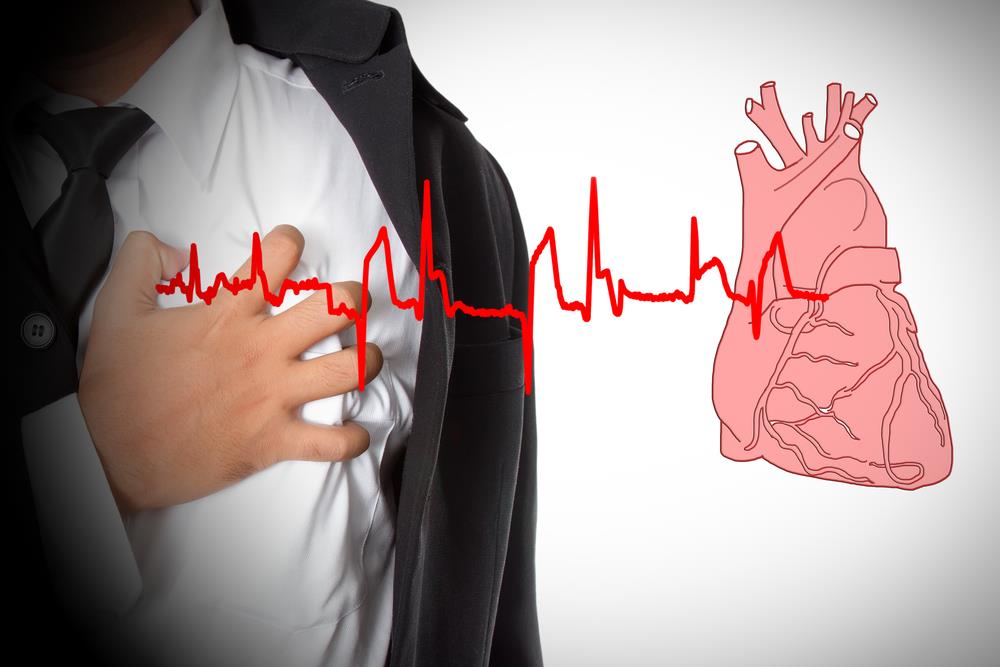
Tightness in chest symptoms:
Tightness of chest and pain in chest itself is a symptom. There are several causes of this which we have discussed above. It is always important to keep a note of overall health condition if you are experiencing the chest pain along with tightness. Some other causes of chest tightness are the abdominal pain, flared nostrils, wheezing and an odd feeling of something being stuck in the esophagus. Stress being the major cause, and for all those who are suffering from stress they must take some precautionary measures and consult doctor soon if they experience such discomfort.
Serious complications along with tightness in chest:
There are some other complications associated with chest pain and tightness. One of such complication is the extreme pain which extends from heart to arms back and neck and makes a person breathless, nails and skin getting bluish, yellow phlegm on coughing, chest cramps and acute pressure, disorientation or severe dizziness, palpitations of heart etc. Chest tightness and pain often makes a person breathless as well.
Chest pain or tightness is a horrible experience as this part is closest to the heart. It is always recommended to take it seriously and consult a good health care provider for the immediate treatment.
Treatment of chest tightness:
There are certain ways to reduce the pressure of chest and its pain. Here are some of the methods which can offer some immediate relief:
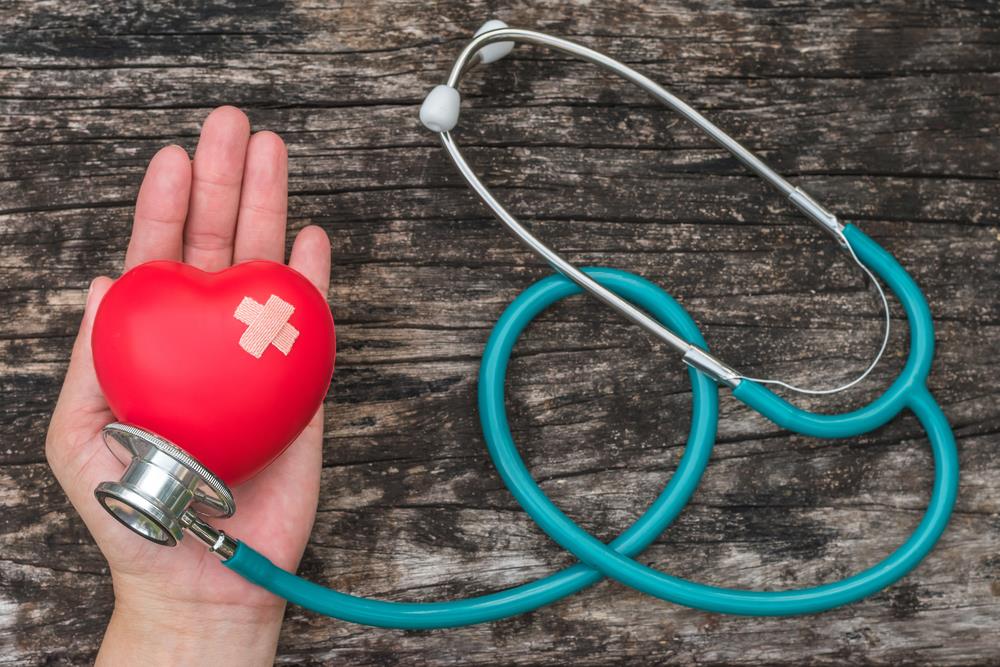
- Hyperventilation:
Try to get a control over your breathing, inhale deeply and try to take slower breaths. The increased ventilation ensures the good oxygen supply and efficient blood flow.
- Bloating:
Take anti acid and pass out any gas if you feel any. Take plenty of water to avoid as much bloating as you can.
- Over sensitization:
If you are feeling highly concerned and stressed about something, distraction is the only immediate and possible solution, keep yourself busy in some other matters. Like you can go for a walk, call some good friend, watch out your favorite television show etc.
- Stress management:
Since the main cause of chest pain and tightness in most of the cases is stress, it is always important to keep control over it and to avoid unnecessary stress. Some exercises like yoga are helpful; some changes in lifestyle can also be an important aspect of stress management.
Conclusion:
Chest tightness is caused due to certain conditions, it is scary condition and hence it requires immediate medical treatment. The methods of treatment are variable depending on the underlying cause and a good medical practitioner can only recommend the best treatment.
Related Article :risperidone side effects




